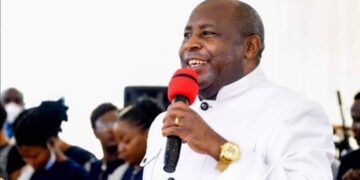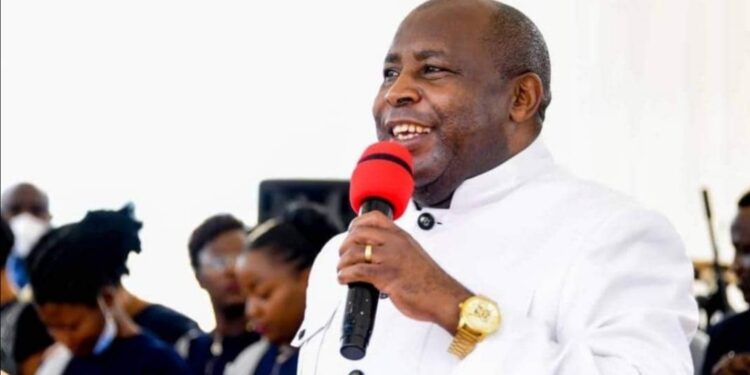By Enyichukwu Enemanna
President of Burundi, Évariste Ndayishimiye has taken a swipe at western nations, saying they “should keep” their aid if it comes with an obligation to promote LGBTQ rights.
In an interaction with journalists during a press conference, President Ndayishimiye, a devout Catholic, said homosexuals in his country “should be stoned”, a BBC report says.
Using a Bible reference, the Burundi leader said God was opposed to homosexuality, adding that it was no longer an issue in Burundi.
He was responding to a question on alleged pressure from Western countries for LGBT rights to be respected in the country.
“For me, I think that if we find these people in Burundi they should be taken to stadiums and be stoned, and doing so would not be a crime,” he said.
Ndayishimiye suggested that homosexuality was like “choosing between Satan and God”.
“If you want to choose Satan now go and live in those countries [in the West] and I think those who strive to go there want to acquire those habits, they should remain there and never bring them to us,” the president added.
Some African leaders have in the past accused donor countries, especially developed countries of trying to impose their values on the continent.
Homosexuality is illegal in Burundi, punishable by up to two years in jail.
In an interview with the BBC last month, Ghanaian Catholic Cardinal Peter Turkson said homosexuality should not be a criminal offence and people should be helped to understand the issue better.
In a rare court case in August, seven people were sentenced to between one and two years in prison in Burundi after they were found guilty of engaging in homosexual acts, a charge they denied.
In Uganda, the government tightened its law to include a possible death penalty for what is described as “aggravated homosexuality”. This includes having gay sex with someone below the age of 18 or where someone is infected with a life-long illness such as HIV.
The fresh measures led the World Bank to halt new loans to Uganda and the US to pull Uganda out of a preferential trade agreement and impose visa restrictions on key officials.




































